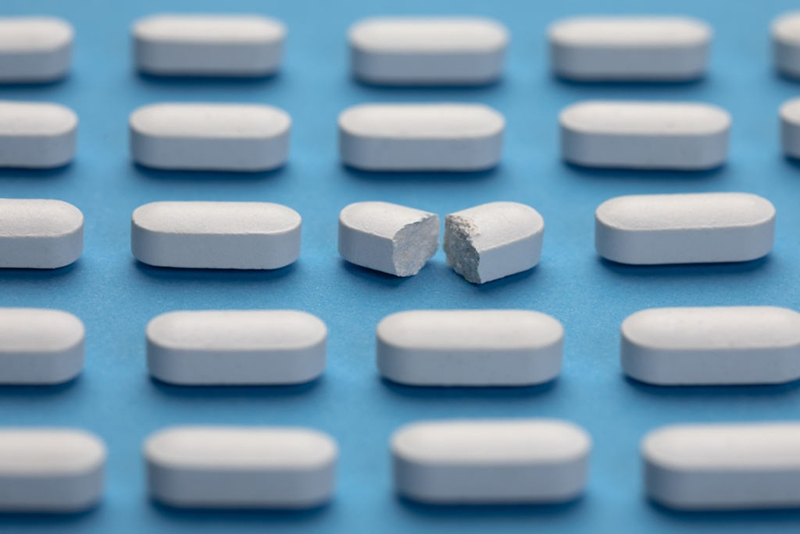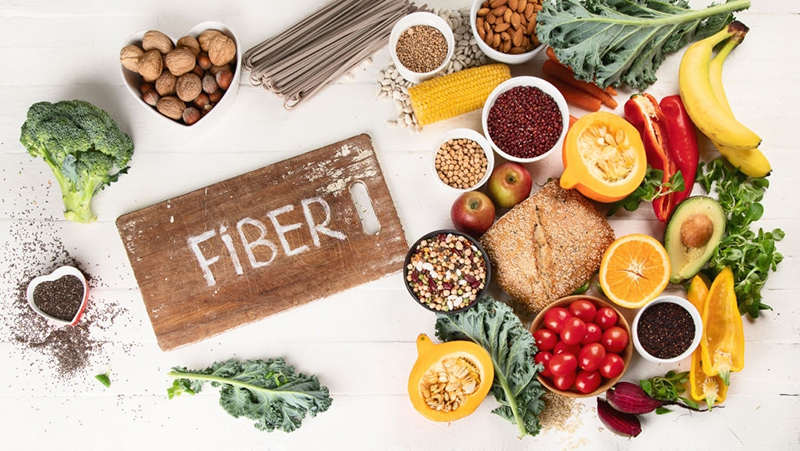You’ll likely find a whole aisle, if not two, dedicated to probiotics in a health food store or even a drugstore. Probiotics are live microorganisms, most commonly bacteria, that provide health advantages when ingested in the right amounts. probioticseverything.comprobiotic tablets
Probiotics, which come in the form of pills, powders, meals, and drinks, are used by about four million Americans, according to some surveys. Probiotics are a $40 billion industry, according to Zion Market Research, with popular brands selling for 35 cents to $1 per dose and a shelf life of several months. probioticseverything.comprobiotic tablets
They increase the composition of the gut microbiota, which is implicated in many aspects of health, including immunity, metabolism, and mood, according to proponents.
When viewed in this light, probiotics may appear to be a no-brainer. But, before you go for your checkbook, keep in mind that, while many scientists and doctors feel probiotics have promise, many products on the market don’t live up to the hype.
Dr. Pieter Cohen, an assistant professor at Harvard Medical School and an internist at Cambridge Health Alliance, said, “The existing evidence does not convince me to recommend probiotics for any of my healthy patients.” probioticseverything.comprobiotic tablets
Researchers determined that “the benefits and practicality of probiotic use in healthy individuals remain questionable” in a review of the scientific literature on probiotics released in January 2019. Recent study has also raised concerns regarding the effectiveness of probiotic safety testing. probioticseverything.comprobiotic tablets
Do probiotics have any advantages?
Specific probiotics may be beneficial in certain situations, according to some clinical research. The probiotic Bifidobacterium infantis 35624, according to the American College of Gastroenterology, can help cure irritable bowel syndrome (IBS), while Saccharomyces boulardii, a yeast, and Lactobacillus rhamnosus GG can also assist individuals taking antibiotics avoid diarrhea.
Specific probiotics have also been proven to aid in the treatment of pouchitis, ulcerative colitis, colic, and infectious diarrhea, as well as lowering the risk of Clostridium difficile infections after antibiotic use. probioticseverything.comprobiotic tablets
Check out this guide recommended by Gregor Reid, a microbiologist and immunologist at Western University in Ontario, Canada, and the former president of the industry-funded International Scientific Association for Probiotics and Prebiotics (ISAPP), to understand the various contexts in which probiotics may be useful, though some products on the list are backed by more research than others. probioticseverything.comprobiotic tablets
Probiotics offered as dietary supplements are not disease-treating medications, regardless of what the science indicates. If corporations want to sell probiotics as medical therapies, they must obtain FDA authorisation to sell them as live biotherapeutic products. This designation has not yet been given to any probiotics.
Is it true that probiotics are a fraud?
Details are important when it comes to probiotics. It’s ridiculous to imagine that walking into a drugstore and picking up a probiotic off the shelf will help you.
Be skeptical of advice given by those who haven’t looked into the scientific literature. “Don’t believe a pharmacist, doctor, health-food store clerk, or nutritional book on their word alone,” Dr. Reid said. probioticseverything.comprobiotic tablets
But if a doctor you trust offers a strain that has been demonstrated in clinical tests to improve your illness, or if you find a strain that is backed up by sound clinical research and want to try it, go ahead — after double-checking with your doctor first. But don’t hold your breath for miracles. probioticseverything.comprobiotic tablets
So, what are the drawbacks of probiotics?
The question of whether some probiotics stay in the body long enough to do anything remains unanswered. probioticseverything.com
A team of scientists offered Supherb’s Bio-25, a blend of 11 bacterial strains commercially available in Israel, to ten healthy persons for four weeks and discovered that the probiotics passed right through four of them, according to a 2018 study published in Cell.
This means that these strains “will not have an effect” in certain people, according to Eran Segal, a computational biologist at Israel’s Weizmann Institute of Science and a co-author of the study.
Aside from the studies, another important issue with probiotics is that they may not contain what they claim to. Most probiotics are regulated as dietary supplements in the United States, which means that their production and quality-control standards are significantly less severe than those for prescription and over-the-counter medications.
Researchers from the University of California-Davis and other institutions used DNA analysis to compare the bacterial strains mentioned on the labels of 16 commercially available probiotics to what was really in the goods in a 2016 study.
Only one of the 16 goods contained the strains listed on the label; others included bacteria from entirely different species. It’s crucial to have good quality control: A premature newborn died in 2014 when mold poisoning in a probiotic supplement was suspected.
Furthermore, because the FDA does not require it, some probiotics do not state what strains they purport to include or how many colony-forming units (a measure of how many live bacteria each dose contains).
As a result, consumers “need to do a lot of homework” in order to make informed judgments, according to Dr. Reid. They’ll have to look for products that have this information on the label and compare it to their doctors’ advice or published research. They should, ideally, take the dose that has been demonstrated to be effective in clinical trials.







